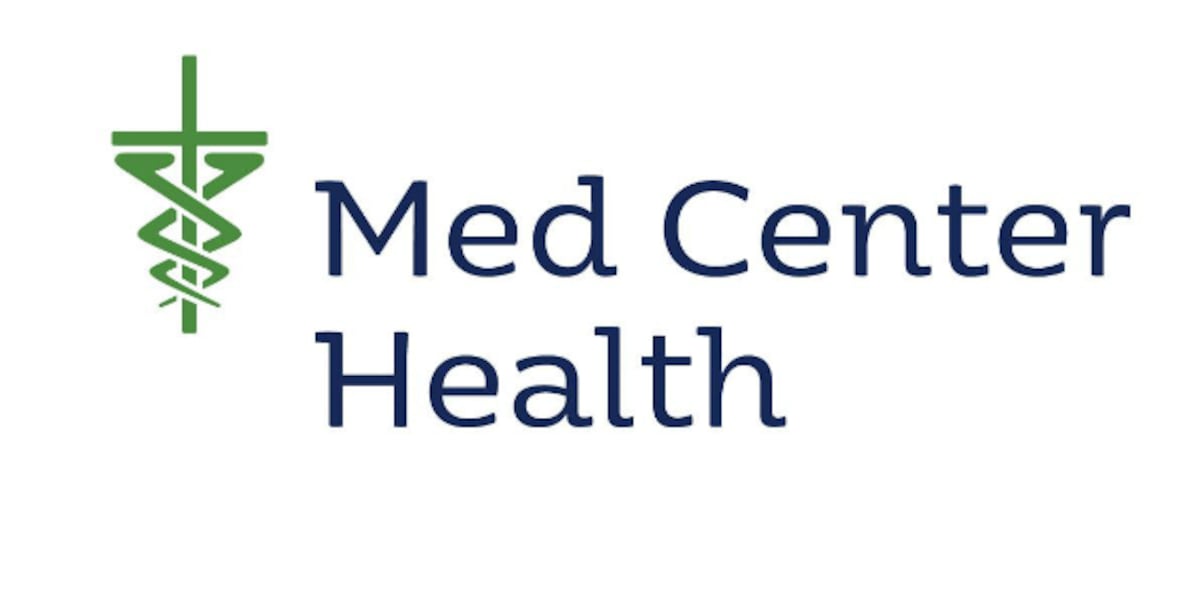AI's Game-Changing Role in Healthcare: What the Experts Predict

AI Revolutionising Healthcare: A VC Perspective
The healthcare landscape is undergoing a dramatic transformation, largely fuelled by the rapid advancements in Artificial Intelligence (AI). Recent developments, particularly the successful IPO of digital physical therapy company Hinge Health, highlight the growing investor confidence in AI-driven healthcare solutions. The company’s IPO, which raised a significant $437 million, marked a welcome end to a period of drought for digital health companies seeking to go public.
Crucially, Hinge Health's stock performance has been reassuring for other firms contemplating similar moves. While market volatility remains a factor, the stock closed Friday at $37.56, comfortably above its initial IPO price of $32. This positive trajectory signals a potential shift in investor sentiment towards digital health and, specifically, the impact of AI within the sector.
The VC View: Key Impacts of AI in Healthcare
A recent survey of Venture Capital (VC) firms specializing in healthcare technology provides valuable insights into the most significant impacts of AI on the industry. The findings reveal a consensus on several key areas where AI is poised to revolutionize healthcare delivery, diagnostics, and patient outcomes. Here's a breakdown of the top impacts identified by VCs:
- Enhanced Diagnostics & Early Detection: AI algorithms, particularly those leveraging machine learning, are demonstrating remarkable abilities in analysing medical images (X-rays, MRIs, CT scans) to detect diseases like cancer and heart conditions at earlier, more treatable stages. This leads to improved patient outcomes and reduced healthcare costs.
- Personalized Medicine: AI enables the analysis of vast amounts of patient data – genetics, lifestyle, medical history – to tailor treatments to individual needs. This shift towards personalized medicine promises to be more effective and reduce adverse reactions.
- Drug Discovery & Development: The traditionally lengthy and expensive drug development process is being accelerated by AI. AI algorithms can identify potential drug candidates, predict their efficacy, and optimize clinical trial design, significantly reducing time-to-market.
- Robotic Surgery & Automation: AI-powered robots are enhancing surgical precision, minimizing invasiveness, and reducing recovery times. Automation of administrative tasks, such as appointment scheduling and billing, also frees up healthcare professionals to focus on patient care.
- Remote Patient Monitoring & Telehealth: AI-powered wearable devices and telehealth platforms are enabling continuous monitoring of patients’ vital signs and providing remote consultations. This is particularly beneficial for patients in rural areas or with chronic conditions.
Looking Ahead: Challenges and Opportunities
While the potential of AI in healthcare is undeniable, challenges remain. Data privacy and security are paramount concerns. Ethical considerations surrounding algorithmic bias and the potential displacement of healthcare workers also need careful attention. Regulatory frameworks must evolve to keep pace with the rapid advancements in AI technology.
Despite these challenges, the opportunities for innovation and growth are immense. VCs are actively seeking out companies that are developing AI-powered solutions that address real-world healthcare needs and demonstrate a clear path to scalability and profitability. The Hinge Health IPO is a positive sign, suggesting that the era of AI-driven healthcare is truly dawning.





